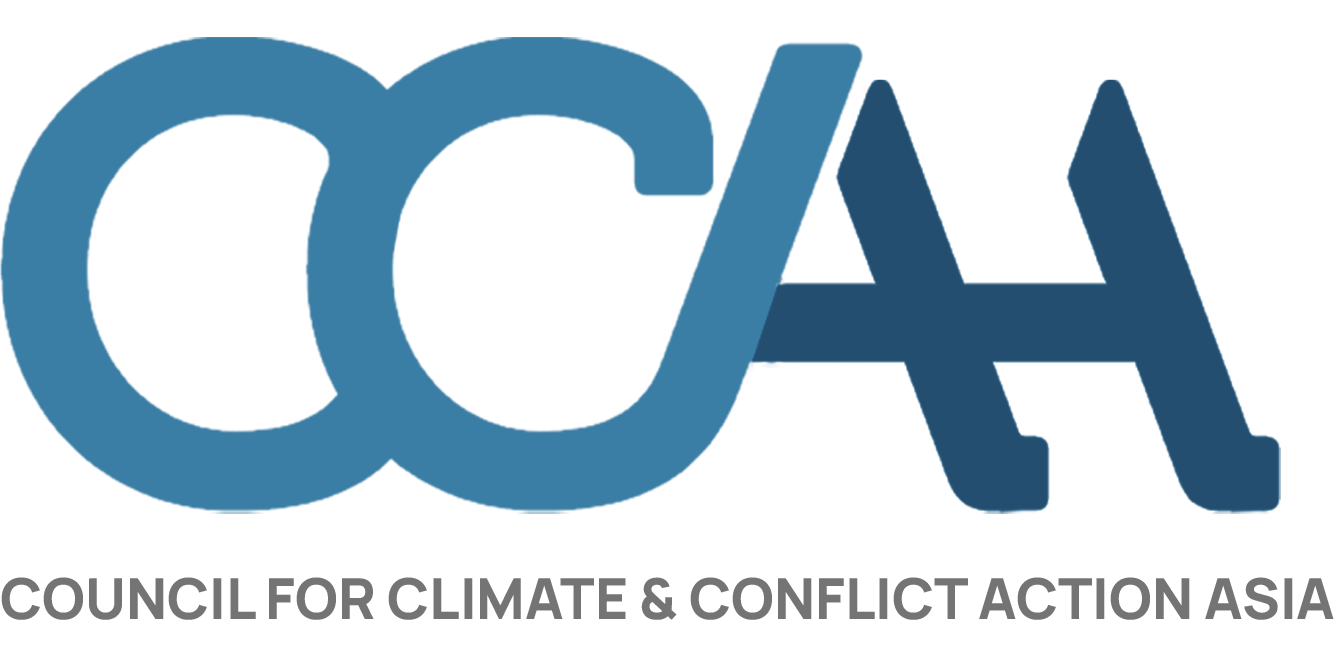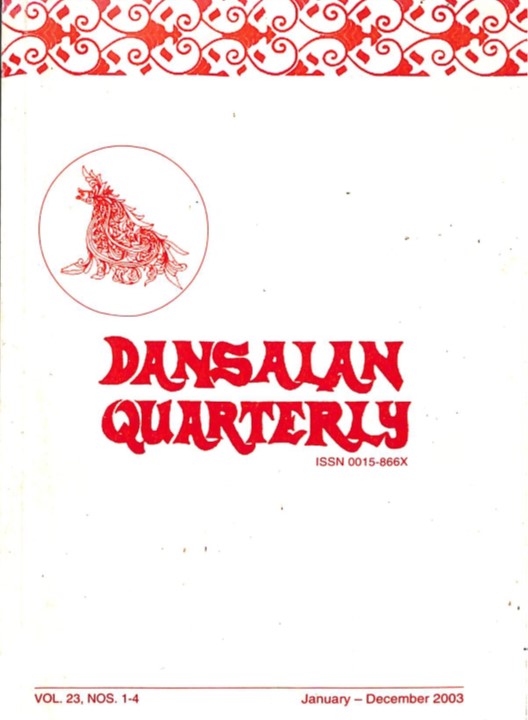January-December 2003 Vol. 23, Nos. 1-4
10 July 2022 Dansalan Quarterly
This issue of Dansalan Quarterly provides a historical analysis of two vastly different things: the Moro policies of the Estrada administration and the lives of Moro women. The first of the two papers discusses the all-out-war policy against the Moro Islamic Liberation Front implemented by Joseph Estrada during his short stint as President of the Republic, in the hopes of solving the decades-old struggle of the Muslims in the southern Philippines. It presents a study of Kulidtud which inquires into the perceptions of the faculty of Mindanao State University into the objectives of Estrada's policy, its political, economic, social, and psychological effects, as well as its indirect impact. The study reveals that the majority of the MSU believes that the perceived primary objective of the policy was to capture the MILF camps, while the perceived primary motive was to stop the arming and recruitment activities or the military build-up of the MILF in their area of operation. It also finds destruction of property, unstable peace and order, intensive poverty problem, and fear and anxiety, among others, as the policy’s economic, political, social, and psychological effects. Moreover, the perceived indirect impact is the discouragement of foreign tourists and inventors to visit the Philippines and other related effects. The second paper, meanwhile, contributes to the growing number of historical accounts about Moro women. Tabay, in her study, seeks to investigate how women were historically instrumental to the struggle against foreign domination, how they bore the brunt of similar injustices suffered by their majority Filipino counterparts during the colonization period, how they reacted to the infiltrations and impositions of colonial cultures, and whether they were less committed to the assertion of their rights in history. The study only justifies how Moro women should not be neglected, relegated, and be vanished into oblivion because they played important roles and contributed something significant to the sustainability of Moro struggle and Moro history.
Please email dansalan.quarterly@dcfi.edu.ph to request a copy of the issue.

